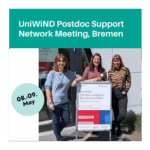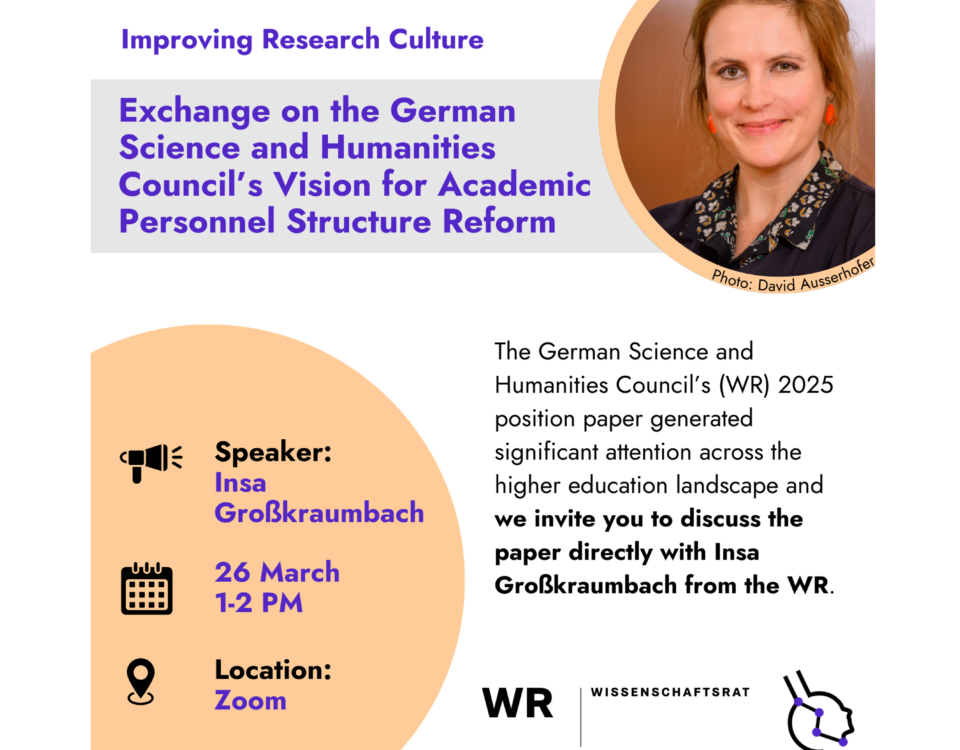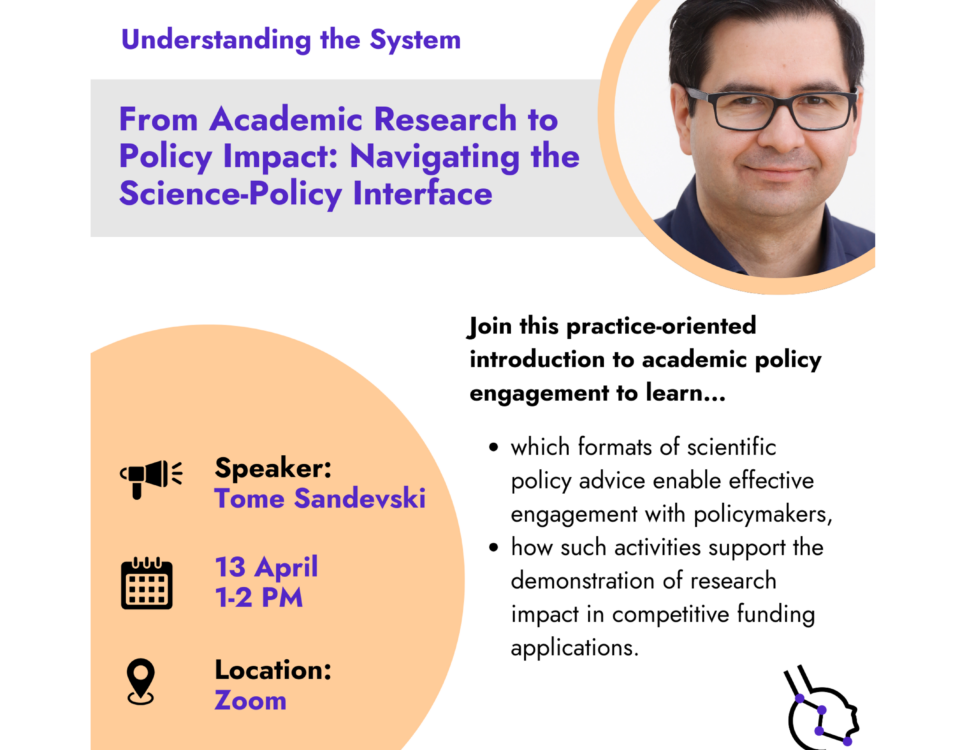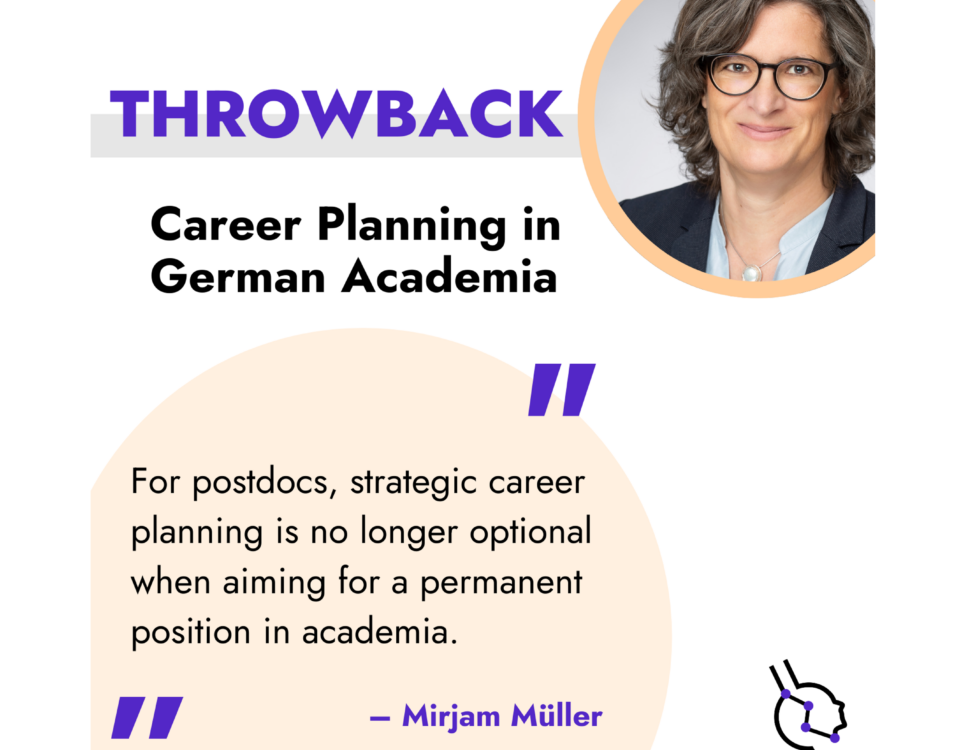Defining 'Postdoc': A Community Workshop Recap
by Dr. Yves Klinger (Spokesperson WG Advocacy)
On May 6th, the German Postdoc Network (GPN) hosted its first workshop dedicated to a question at the heart of the early-career research: What defines a postdoc? The session brought together postdocs and representatives from postdoc networks across Germany, aiming to build consensus around a definition that reflects the realities and aspirations of the community.
Why Does Defining “Postdoc” Matter?
The term "postdoc" is used widely, but its meaning varies significantly across institutions, disciplines, and countries. For example, universities and research associations set different timeframes for the postdoc phase—ranging from four to six years—while international bodies like the National Postdoc Association in the US recommend five years. However, the definitions don’t just differ between timeframes, but also concerning further qualifications to be obtained and tasks to be performed during this phase. For example, the importance of acquiring third party funding and publication formats vary greatly between research fields and institutions. This patchwork of definitions leads to confusion, complicates data collection to analyze the postdoc situation in Germany, and weakens efforts to advocate for such a heterogeneous group. A shared definition is thus not just about describing the current system; it’s about changing it for the better.
GPN’s Proposed Definition
The GPN presented a draft definition, positioning the postdoc phase as a transitional period following the completion of a PhD. This phase is characterized by eligibility for early-career grants (such as the ERC Starting Grant; typically within seven years of the PhD) and alignment with the R2 level of the European Framework for Research Careers. The emphasis is on skill development & refinement, expanding research scope, and preparing for diverse career paths—both within and beyond academia. Importantly, the definition recognizes that the seven-year period may be extended for parental leave, illness, or other circumstances.
Community Discussion: Strengths and Gaps
The workshop’s breakout sessions and forum discussions revealed both enthusiasm and reservations. Participants appreciated the clarity, flexibility, and international compatibility of the proposed definition. However, concerns emerged about its applicability to non-linear careers, hybrid roles bridging academia and industry, and permanent contract holders who still identify as postdocs. Many noted that a strict time limit could inadvertently heighten the sense of insecurity already prevalent among early-career researchers.
Key Themes from the Breakout Rooms
- Leadership & Supervision: Postdocs are increasingly expected to take on leadership roles, supervise students, and contribute to teaching, but opportunities and recognition vary widely between disciplines and institutions.
- Funding & Publications: Securing grants and building a publication record remain central, but the importance of authorship, alternative publication formats, and outreach activities differ significantly across fields.
- Professional Independence & Community Work: Achieving independence—scientifically and professionally—is a gradual process, often shaped by institutional culture and support. Community engagement, peer review, and networking are valued but not always formally recognized.
- Defining Start and End Points: Most agreed that the postdoc phase should have a clear endpoint, ideally linked to career progression rather than an arbitrary time limit. Flexibility is needed to accommodate parental leave, illness, and diverse career trajectories. As the postdoc phase is considered a transitional career stage in most definitions, it will be challenging to bring together this time limitation and the flexibility needed to account for non-linear career paths and differences between fields.
What’s Next?
The workshop concluded with broad support for the GPN’s approach: 73% of participants endorsed the proposed definition (some with suggested adaptations). The GPN’s main takeaways included the need for greater transparency in academic career paths, better integration with international frameworks, and recognition of the diversity of postdoc experiences. We will continue to refine the definition in dialogue with the community and stakeholders, aiming to ensure that postdocs are recognized, supported, and empowered to shape their own futures.
Join the Conversation
Defining the postdoc is more than a technical exercise—it’s about building a sense of community, clarifying expectations, and advocating for meaningful change. GPN invites all postdocs and stakeholders to contribute to this ongoing discussion. Stay tuned for updates, and reach out if you want to get involved!





